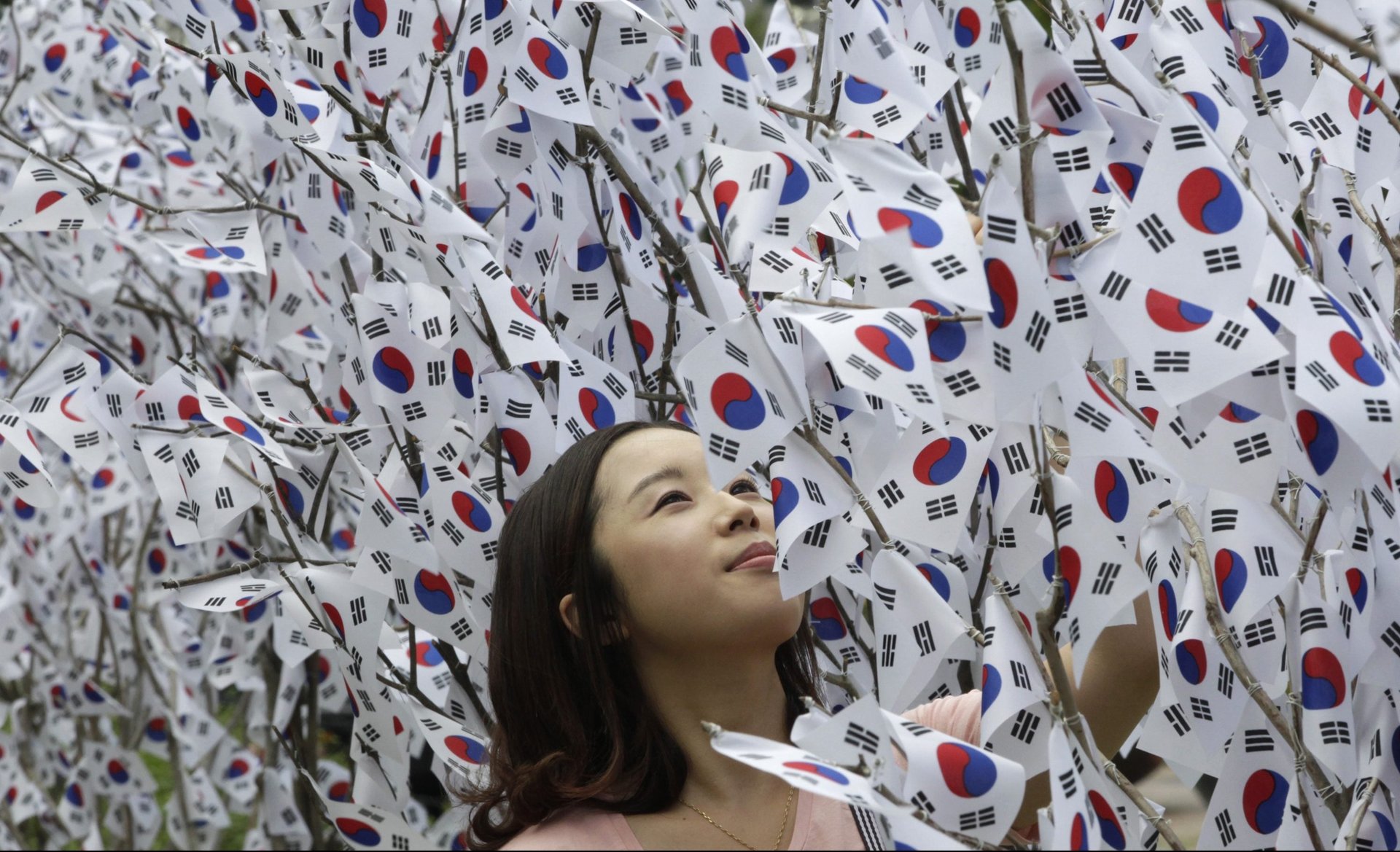South Korea’s #MeToo movement just got started
While the #MeToo campaign has gathered speed all around the world, the movement has been relatively quiet in South Korea—until now, with a civil servant coming forward with her own story of sexual harassment in the government.


While the #MeToo campaign has gathered speed all around the world, the movement has been relatively quiet in South Korea—until now, with a civil servant coming forward with her own story of sexual harassment in the government.
Seo Ji-hyeon, a public prosecutor, accused a former senior justice ministry official in a television interview broadcast yesterday (Jan. 29) of groping her at a funeral in 2010. Seo, who also recounted her experience in her office’s internal message board, said she was later transferred from Seoul to a local office in the south of the country in 2015, and given a disciplinary warning in her performance review. She also alleged that there was a government cover-up of the incident.
The accused is a former official named Ahn Tae-geun, who was sacked last year after he was found giving cash to subordinates. After Seo went public with her remarks, Ahn said he was sorry for what “may have happened” but added that he doesn’t recall the incident because he was drunk and it was a long time ago. Seo corroborated in her account that Ahn was drunk at the time.
The prosecutor-general told reporters today (Jan. 30) that he would mount an investigation into Seo’s allegations. The justice ministry said in a statement to media that there was no lapse in its appointment procedure, but added that it will be difficult to judge the exact circumstances given that the events happened eight years ago and the people in question no longer work there.
In her essay posted (link in Korean) to the internal message board, Seo said that she felt inspired to share her story because she saw #MeToo become a worldwide movement.
Though she’s not the first woman to publicize her story of sexual harassment in Korea since the movement began last year, her story is arguably the most high profile and serious given the involvement of named members and departments of the government. Last last year, a flurry of women in Korea publicly accused their private employers of sexual harassment, including a woman who worked at credit-card provider Hyundai Card who said her director had raped her and a group of nurses at a hospital who said they were forced to dance in revealing outfits at work events.
In the wake of these complaints, the Korean legislature in November revised the gender-equality law to improve protection for victims of sexual harassment, including a provision that employers who penalize victims for reporting such incidents can be fined or sentenced to prison.
However, unlike in Hollywood, the #MeToo movement is unlikely to gain serious traction in Korea’s entertainment industry. In 2009, an actress called Jang Ja-yeon committed suicide, and revealed in her suicide note that she was forced by her agency to provide sexual favors to high-ranking entertainment executives, but the men involved barely received punishment. Ha Jae-keun, a cultural critic, told the Korea Herald that the idea that celebrities should speak up for social issues is still unfamiliar to Koreans.